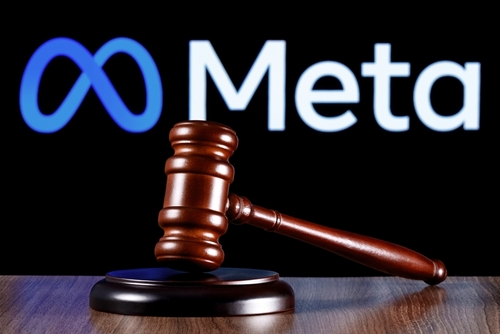Proposal would require New Jersey lawyers to reveal client information showing wrongful conviction

Image from Shutterstock.com.
An ethics proposal in New Jersey would create an exception to the duty of client confidentiality when a lawyer has information that an innocent person has been wrongly incarcerated.
The ethics change would require lawyers to reveal the information, even if it harms their clients, the New Jersey Law Journal reports.
The New Jersey Supreme Court is seeking comment on the proposal, which was backed by the New Jersey Supreme Court Working Group on the Duty of Confidentiality and Wrongful Convictions. According to the working group’s report, a majority supported the proposal, while a significant minority did not.
“The majority acknowledges that lawyers who reveal client confidences to remedy a wrongful incarceration necessarily harm their own client,” the report said. “The majority accepts that the client is likely to suffer consequences—the same consequences that the innocent person is currently suffering. Given the tension between a weighty moral obligation and the duty of confidentiality, the majority resolves the tension in favor of the moral obligation.”
The report acknowledges that lawyers would have to warn their clients of the new duty at the beginning of representation, which could inhibit client communication.
“In response to this concern, the majority notes that lawyers already discuss confidentiality and its exceptions with clients, advising clients not to reveal certain information due to existing exceptions. One more related warning is unlikely to significantly diminish open communication.”
Some members of the majority had said the reporting requirement should be optional rather than mandatory. Others said the mandatory reporting requirement should be extended to all wrongful convictions, even if the wrongly convicted person was not incarcerated.
The ABA Model Rules of Professional Conduct require prosecutors to reveal information about a wrongful conviction but do not impose the same duty on other lawyers, the ABA Journal reported in 2017.
Massachusetts and Alaska have already extended the ABA rule to permit, but not require, all lawyers to report wrongful convictions, the report says. The Massachusetts rule says lawyers “may reveal” the information to “prevent the wrongful execution or incarceration of another.” Alaska also permits, but does not require, disclosure to prevent “reasonably certain” execution or incarceration of an innocent person.
Arizona and North Carolina also adopted rules for attorneys to report credible evidence that a defendant was wrongfully convicted of a crime. But North Carolina doesn’t allow disclosure if it would implicate a current or former client. And Arizona doesn’t require disclosure of information otherwise protected by the duty of client confidentiality.



